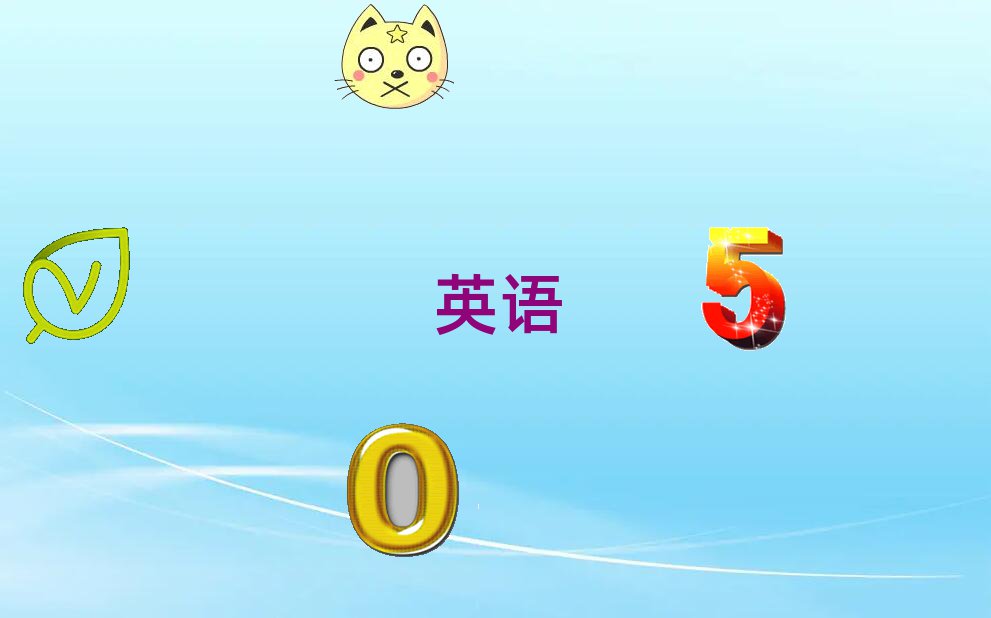課程標(biāo)題:駐馬店英語口語學(xué)校價(jià)位
駐馬店英語口語是駐馬店英語口語培訓(xùn)學(xué)校的重點(diǎn)專業(yè),駐馬店市知名的英語口語培訓(xùn)機(jī)構(gòu),教育培訓(xùn)知名品牌,駐馬店英語口語培訓(xùn)學(xué)校師資力量雄厚,全國各大城市均設(shè)有分校,學(xué)校歡迎你的加入。
1、專業(yè)的教師團(tuán)隊(duì),掌握前沿的教學(xué)方法 2、教學(xué)經(jīng)驗(yàn)豐富,善于激發(fā)學(xué)生的潛能 3、善于帶動(dòng)學(xué)員融入情景體驗(yàn)式課堂

駐馬店英語口語培訓(xùn)學(xué)校分布駐馬店市驛城區(qū),西平縣,上蔡縣,平輿縣,正陽縣,確山縣,泌陽縣,汝南縣,遂平縣,新蔡縣等地,是駐馬店市極具影響力的英語口語培訓(xùn)機(jī)構(gòu)。
*compare
除了上述理由,中英夾雜還有沒有別的苦衷?我們試試從科學(xué)角度理性分析一下。
[km'ptrit]n. 同胞;同國人
advocate
1.一般過去將來時(shí)表示從過去的某一時(shí)間來看將來要發(fā)生的動(dòng)作或存在的狀態(tài)。這種時(shí)態(tài)常用于賓語從句和間接引語中。它的出發(fā)點(diǎn)是過去,即從過去某一時(shí)刻看以后要發(fā)生的動(dòng)作或狀態(tài)。其基本用法有以下兩種:
我確實(shí)不能用英語流利地表達(dá)我的思想。
【例】If you treat him as a friend, he will treat you well and will never betray you. 如果你把他當(dāng)作朋友,他就會(huì)對你很好而且絕對不會(huì)背叛你。
【記】詞根記憶:brilli(發(fā)光)+ant(…的)→發(fā)光的→光輝燦爛的
begin by
【例】Apart from the Second World War period, the Winter Olympics were held every four years. 除了二戰(zhàn)期間,冬奧會(huì)每4年舉行一次。
[bi'heiv]vi. 表現(xiàn),舉止
Young people can learn about their cultural heritage from older people who may have a closer connection to traditional customs.
['kmpenseit]v. 補(bǔ)償;抵消
B; so, 1,2 and 3 are prime numbers, but 4 isn’t because 2*2=4.
A: exactly. Anything else?
B; how many seconds in an hour? 60 seconds multiplied by 60 minutes equals 3600 seconds altogether.
A: you’ll be a mathematician one day.
A: which sports are popular in your country?
B: most people like football. More boys like football than girls. A few girls play it really well. Some people like playing basketball.
A: do many people like tennis?
B: more and more people like it now. fewer people play table tennis than before. Many people like swimming, because it is fun and keeps you fit.
A: in my country, many people enjoy golf, but it is too expensive for some people. A few people like extreme sports, but I think the vast majority of people are afraid to try them.
B: extreme sports are only for a small minority of people. Several people from my university enjoy them, but most of us just watch. No one I know plays golf.
A: I know loads of people who play it regularly. There are plenty of golf courses around the country. In the past, only a tiny number of people played.
B: a great deal of people follow rugby in my country.
A: there are plenty of rugby fans in my country too.
A: what do we need to get from the supermarket?
B: we need lots of things. I’ll make a list. We need a bag of sugar, a loaf of bread and a crate of beer.
A: a crate of beer? Why do we need that?
B: just joking. I would like to get a few bottles of beer though. We also need a liter of cooking oil.
A: we can buy a three-liter bottle. It works out cheaper per liter. We should buy a packet of butter and a few pints of milk too.
B: I’d like to get a jar of strawberry jam and a bottle of tomato ketchup. Do we need any meat?
③He went in the rain to meet me at the station.
carve
同學(xué)們在掌握這種替換后,積累類似的詞匯和表達(dá)方式后,就能知道考官的出題思路了,從而在閱讀中知己知彼,百戰(zhàn)不殆。
【例】I have some things to give to charity in a box in the front room. 我在前廳用盒子裝了些東西,準(zhǔn)備捐給慈善機(jī)構(gòu)。
Another good source is advertisements or menus, which tend to use short, colloquial text.廣告和菜單也很不錯(cuò),因?yàn)樗鼈兌际褂昧撕喍潭ㄋ椎脑~句。To use this expression is not offensive, but language is very colloquial.使用這個(gè)表達(dá)不會(huì)很冒犯別人,但是這種說法是非常口語化的。The words \"work\" and \"power\" are often confused or interchanged in colloquial use.在日常口語中,功和功率常被混淆或相互作用。The language of this poem is colloquial, but it is deep in the understanding of human emotions.這首詩語言通俗,但是它對人類感情的揭示卻很有深度。
駐馬店英語口語培訓(xùn)學(xué)校成就你的夢想之旅。學(xué)英語口語就來駐馬店英語口語培訓(xùn)學(xué)校





 點(diǎn)擊交談
點(diǎn)擊交談

